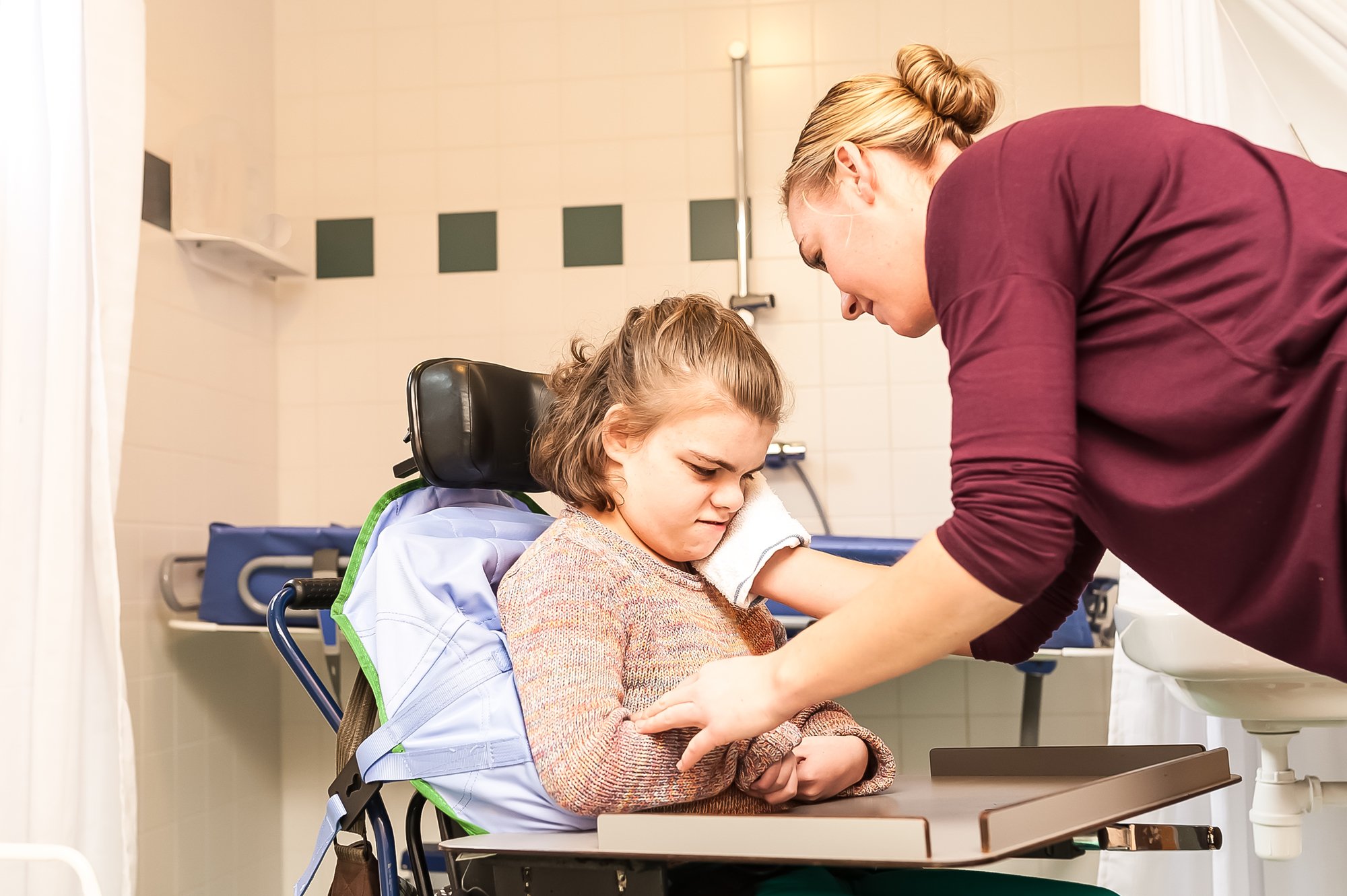The American Rescue Plan Act (ARPA) provides federal funds to Massachusetts state, county, tribal and local entities to respond to the public health and economic impacts created by the COVID-19 pandemic, which includes the disability community. The ARPA funding plan by the Executive Office of Health & Human Services (EOHHS) that covers many of the supports and services of the intellectual and developmental disabilities (IDD) community (including autism) was reviewed over several months and finalized in October 2021.
The ARPA funding was approved by the Massachusetts legislature in the FY’22 Supplemental Budget and signed into law in December 2021. The Arc released an initial statement on the ARPA Supplemental Budget, which can be found here. This brief provides a short summary of how the ARPA funding is currently being distributed to programs that serve and support individuals with IDD and their families.
ARPA funds distribution
ARPA funds affect all the Department of Developmental Services (DDS) community programs and MassHealth Office of Long-Term Supports and Services, including Home and Community-Based Services (HCBS) as well as behavioral health programs. These programs like DDS Day and Employment and Family Support Services and MassHealth Day Habilitation, Personal Care Attendant (PCA) and Adult Foster Care (AFC) programs were given an additional 10% staff rate increase, and some programs received even higher rate enhancements for periods of time. A more detailed brief of the funding distribution by program and an example of COVID impact on day service settings can be found here on our policy page. Links to both can be found under 2022 policy issues.
The legislature approval of the ARPA spending package was in December 2021. As of this date, no ARPA funds have been provided for DDS residential services provided by community agencies.
The 10% increase and other short-term increases are welcome news for these programs who are receiving it! However, the funding is still not enough due to the direct support workforce shortage, transportation staff shortage and the continued strain of COVID on our communities (e.g., testing capabilities, adequate masks and other PPE for staff and individuals, vaccination outreach, etc.). Unfortunately, the average daily attendance of MassHealth day habilitation programs continues to be about 50%.
The inability to recruit, hire and retain staff continues to impact the support and services for families and individuals with IDD and autism, especially those turning-22 and others who have behavioral health or medically complex conditions. Many programs are not open for new referrals, young adults entering the system continue to be on long waitlists and those with complex medical or behavioral conditions are home with no relief in sight. The workforce crisis means that the responsibility of care, support, and transportation still falls on unpaid family caregivers.
We believe direct support workforce salaries need to approach $20/hour to deal with this crisis for those in formal programs and receiving in-home assistance as month 24 of the COVID pandemic approaches. The Arc continues to urge the Commonwealth to put forth a long-term investment plan to strengthen the direct support workforce and infrastructure to ensure the safety, inclusion and well-being of our community.




